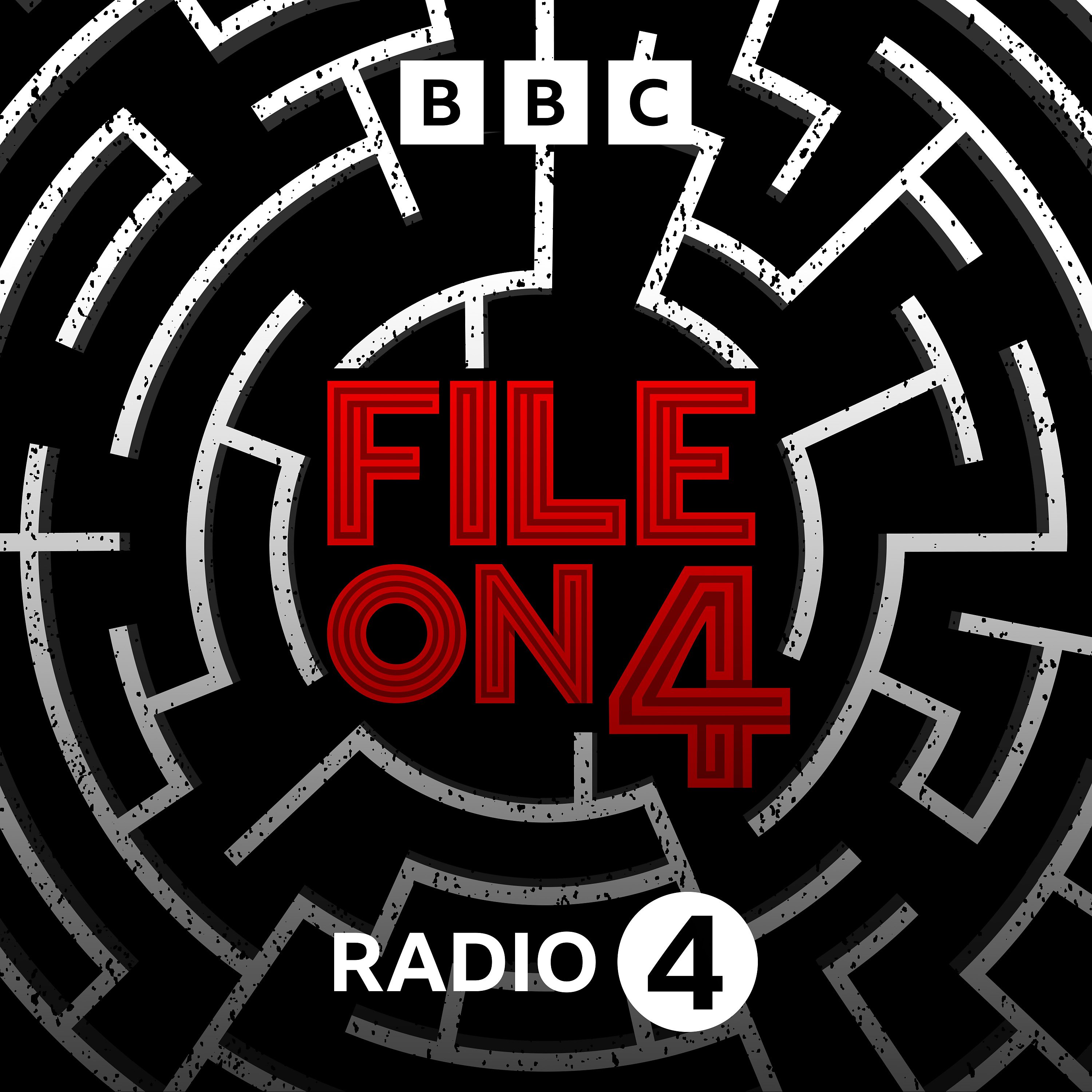- Other
- SEE MORE
- classical
- general
- talk
- News
- Family
- Bürgerfunk
- pop
- Islam
- soul
- jazz
- Comedy
- humor
- wissenschaft
- opera
- baroque
- gesellschaft
- theater
- Local
- alternative
- electro
- rock
- rap
- lifestyle
- Music
- como
- RNE
- ballads
- greek
- Buddhism
- deportes
- christian
- Technology
- piano
- djs
- Dance
- dutch
- flamenco
- social
- hope
- christian rock
- academia
- afrique
- Business
- musique
- ελληνική-μουσική
- religion
- World radio
- Zarzuela
- travel
- World
- NFL
- media
- Art
- public
- Sports
- Gospel
- st.
- baptist
- Leisure
- Kids & Family
- musical
- club
- Culture
- Health & Fitness
- True Crime
- Fiction
- children
- Society & Culture
- TV & Film
- gold
- kunst
- música
- gay
- Natural
- a
- francais
- bach
- economics
- kultur
- evangelical
- tech
- Opinion
- Government
- gaming
- College
- technik
- History
- Jesus
- Health
- movies
- radio
- services
- Church
- podcast
- Education
- international
- Transportation
- kids
- podcasts
- philadelphia
- Noticias
- love
- sport
- Salud
- film
- and
- 4chan
- Disco
- Stories
- fashion
- Arts
- interviews
- hardstyle
- entertainment
- humour
- medieval
- literature
- alma
- Cultura
- video
- TV
- Science
- en
Business As Usual?

In the wake of the financial disaster, policy makers and regulators around the world pledged to make banking safer and more transparent. But the reality, many experts claim, is proving very different. For this edition of File on 4, Michael Robinson investigates some of the apparently straightforward financial products banks now offer and uncovers disturbing complexity. One product, called Exchange Traded Funds, appears to offer private individuals and pension funds a cheap and simple way to invest - in anything from the top 100 companies on the British stock exchange, to obscure companies in emerging economies or even to baskets of commodities. Beneath this apparent simplicity, the programme discovers that many EFTs hide a forest of financial engineering designed to increase the profits of the banks which provide them. But at what risk? Another product, so-called "Naked Credit Default Swaps" may have an obscure name but they were at the heart of the financial crisis and are still one of the most widespread instruments used by banks. They are now accused by some of exacerbating Europe's sovereign debt problems. A leading British financial academic likens them to taking out insurance on someone else's life. There is then an obvious incentive, he tells the programme, to push the person who's life you have insured under a bus. On both sides of the Atlantic, regulators hoped to reduce the risks of this massive market. But, as the programme discovers, there's widespread doubt among financial professionals that they've succeeded. Producer: Sally Chesworth.